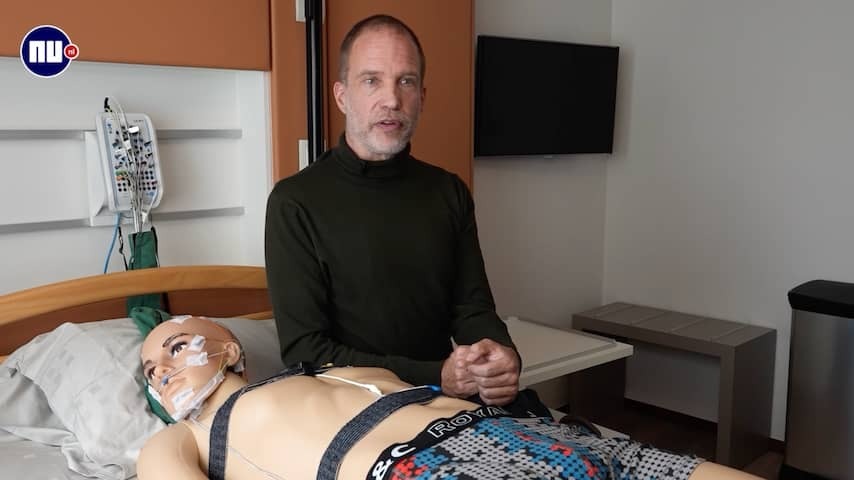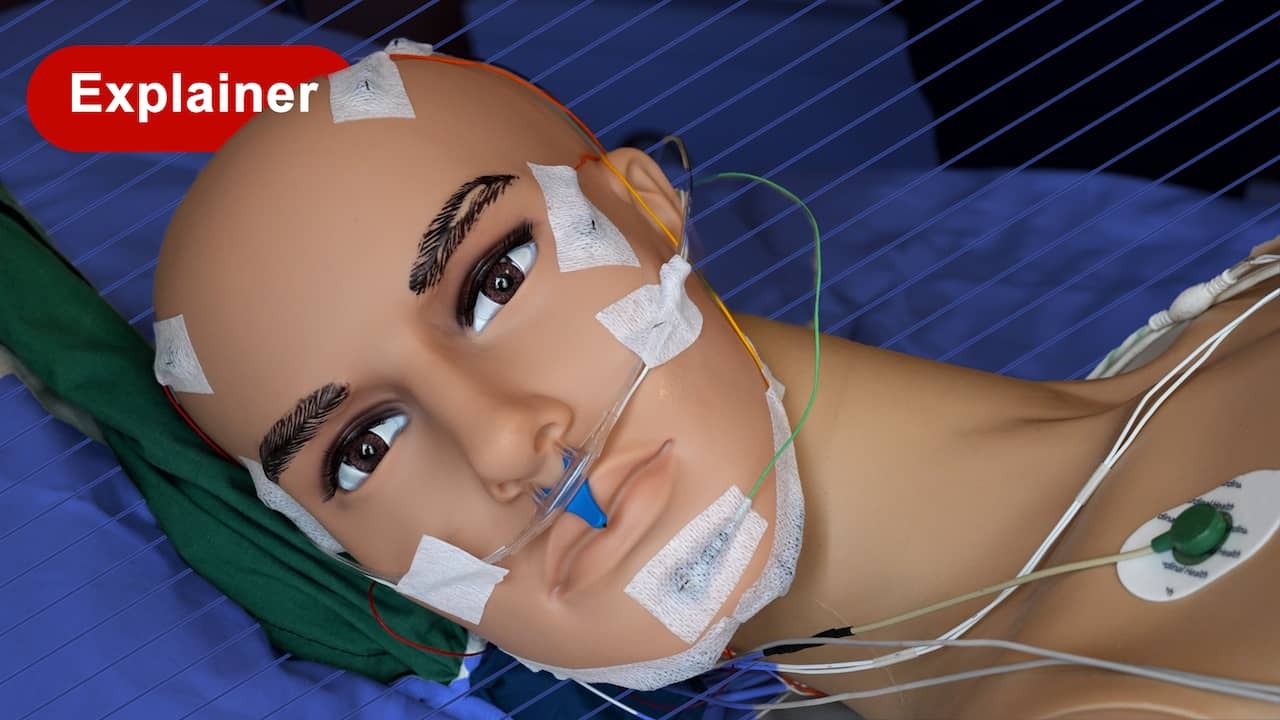
In recent years, more and more people with sleep problems have been reporting to sleep clinics. According to experts, one of the causes is that measurements from smartwatches cause anxiety about sleep quality, while the results are not always accurate.
If you wear a smartwatch at night, you probably do so to measure how you sleep. In the morning, you can read this in an accompanying app using graphs and scores.
These sleep registrations can make people more aware of the importance of healthy sleep, as the watches provide insight into sleep times. For example, the app shows that someone regularly goes to sleep later than that person intends. If there is fatigue, the lack of a good rhythm may be the cause.
“Patients (often young men) use an Apple Watch, Fitbit, or Garmin to record their sleep,” says Raymond Vogels of the Ruysdael Sleep Clinic.
“In some cases, the measurements are useful, but some patients become too fixated on their own measurement of sleep. This leads to tension, anxiety, or unrealistic thoughts about their sleep needs and quality.”
 2:30
2:30
Smartwatch makes people anxious about sleep: ‘Don’t believe doctors anymore’
Unnecessary anxiety
Several experts see this anxiety in people who report to the clinics (or to the family doctor). “If you see such a graph and your watch says: ‘you wake up ten times a night’, then people who actually have no problems may think that something is wrong with their sleep,” says physician-somnologist Sebastiaan Overeem from the Center for Sleep Medicine of expertise center Kempenhaeghe.
“Some people have difficulty believing that sleep is not the reason for their fatigue after a full sleep study because they believe their own smartwatch more.”
People who see a high score after sleeping start the day well, says Lisette Venekamp of the Dutch Sleep Institute. “But if you see a red color or a bad score, you might think something is wrong. Then you are talked into a psychological problem for something that is not the matter. That is a problem.”
Experts therefore also believe that this type of sleep app should not give a sleep score at all. “It fits into a trend to want to record everything in a score,” says Venekamp. “But sleep is different for everyone. Some people sleep five hours and wake up very fit, but get a low score because they sleep shorter than average.”
Smartwatch measurements not always reliable
In addition, it is not clear from smartwatches how they calculate sleep scores exactly. According to the experts, the measurements that wearables can do are also limited. As a result, the results are not always reliable.
Medical-scientific sleep studies use electrodes that are attached to the body to measure, among other things, oxygen and breathing. Work is being done to improve other equipment for medical home measurements, says Cathelijne Gorter de Vries, somnologist and neurologist at the Zaans Medical Center.
“Think of a patch with measuring functions or a mat for your bed,” she says. “A smartwatch is not intended for that. You can use it to determine bedtime and rhythm, and maybe for movement. Furthermore, they are reasonably unreliable.”